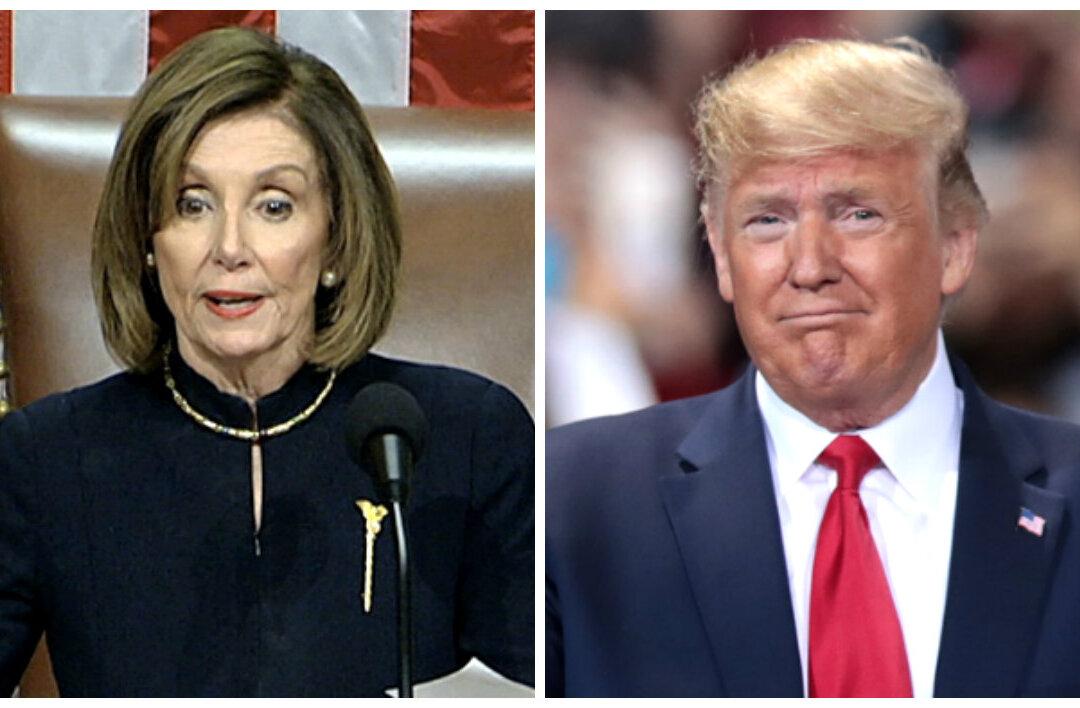WASHINGTON—The United States will be shifting away from aid programs and toward investment in Africa as it aims to promote stability and self-reliance on the continent.
The new U.S. strategy on Africa also aims to counter aggression on that continent by China and, to a lesser extent, Russia, both of which are focusing their investments “to gain a competitive advantage over the United States,” national security adviser John Bolton said in a Dec. 13 speech unveiling the new strategy.





